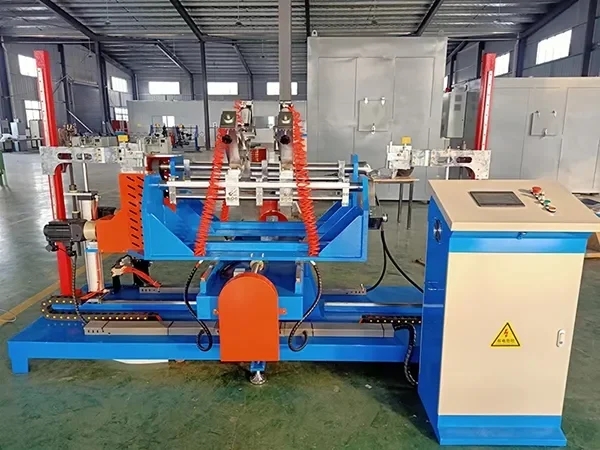When it comes to wall construction, selecting the appropriate cement is crucial for ensuring durability, strength, and overall quality. With numerous types of cement available in the market, it can be overwhelming to determine which one is best suited for your specific project. In this blog post, we will delve into the various factors to consider when choosing the right cement for walls, providing you with valuable insights and practical advice.
- Understanding the Different Types of Cement:
To make an informed decision, it is essential to familiarize yourself with the different types of cement commonly used for wall construction. These include Portland cement, Portland pozzolana cement, rapid hardening cement, and white cement. Each type possesses unique characteristics and is suitable for specific applications. We will explore their properties, strengths, and weaknesses, enabling you to make an educated choice. - Assessing Wall Requirements:
Before selecting a cement type, it is crucial to assess the requirements of your wall construction project. Factors such as load-bearing capacity, exposure to weather conditions, and desired finish play a significant role in determining the appropriate cement. We will discuss how different cement types perform under varying conditions, ensuring you choose the most suitable option for your walls. - Strength and Durability:
The strength and durability of your walls depend heavily on the cement used. We will delve into the compressive strength, tensile strength, and flexural strength of different cement types, providing you with a comprehensive understanding of their performance. Additionally, we will explore the impact of cement composition, curing techniques, and admixtures on the overall strength and durability of your walls. - Special Considerations for Interior and Exterior Walls:
Interior and exterior walls have distinct requirements, necessitating different cement choices. We will discuss the specific considerations for each type, including moisture resistance, thermal insulation, and aesthetic appeal. By understanding these nuances, you can ensure that your walls are not only structurally sound but also visually pleasing. - Application Techniques and Best Practices:
Even with the right cement, improper application techniques can compromise the integrity of your walls. We will provide a step-by-step guide on how to prepare the surface, mix and apply the cement, and cure it effectively. By following these best practices, you can maximize the performance and longevity of your walls.
Conclusion:
Choosing the right cement for wall construction is a critical decision that directly impacts the strength, durability, and overall quality of your walls. By considering factors such as cement type, wall requirements, strength and durability, and specific considerations for interior and exterior walls, you can make an informed choice. Additionally, following proper application techniques and best practices will ensure optimal results. Remember, investing time and effort in selecting the right cement will pay off in the long run, providing you with walls that stand the test of time.




More Stories
彩色裝飾建築膜:重塑香港家居與建築美學的新選擇
10 Creative Ways to Organize Your Space with Removable Wire Baskets
Maximizing Space with Attic Shelves